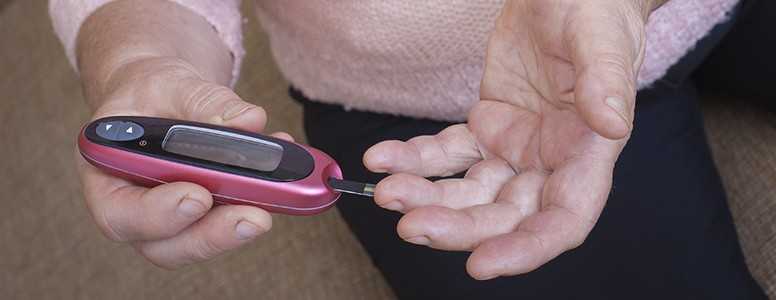A new study looking at the relationship between death rate and blood glucose management has found that tighter blood sugar control may raise the risk of death.
Research increasingly suggests that there is an increased risk of developing health problems with both very loose and tighter blood glucose control, as a result of medication, in type 2 diabetes.
We know that diabetes complications can be reduced by tighter blood glucose control but concerns were raised that this may adversely affect all-cause mortality.
The study, released this week, adds new knowledge by finding that tighter blood glucose control, or lower HbA1c levels, can raise the risk of death among people on intensive blood glucose-lowering therapy.
However, the findings won’t apply to those achieving excellent HbA1c levels, and experiencing other health benefits, through positive lifestyle change which inevitably influences mortality risk. People following a low carb lifestyle without hypo-causing medication, for example, should not be affected.
Researchers from Cardiff University investigated whether tight blood glucose control significantly increased the risk of death for over 300,000 patients with type 2 diabetes living in the UK. They analysed data collected between 2004 and 2015 on their level of blood glucose control determined through measuring HbA1c.
According to their findings, lower HbA1c levels were associated with increased mortality risk, compared to moderate levels.
Here, lower HbA1c levels are regarded as obtaining values lower than 53 mmol/mol (7%), while moderate HbA1c levels are defined as having values between 53 and 69 mmol/mol (7 and 8.5%).
There was another layer of complexity in interpreting evidence as it was found that the risk of death differed according to the treatment regimen followed by participants.
The researchers reported that lower HbA1c levels were associated with increased mortality especially in those receiving treatments that can cause hypoglycemia, such as sulfonylureas.
It is important to note that this research only provides preliminary evidence, therefore people with 2 diabetes who are well-controlled on these types of medications should not stop them unless otherwise indicated by their doctor.
The study also found that high HbA1c levels were associated with an elevated mortality risk, but only among patients taking diabetes drugs associated with a low risk of hypoglycemia.
In light of this information, further investigation is warranted on the interplay between different glucose-lowering medications, blood glucose control and mortality.
For now, this association between higher mortality and tighter blood glucose control has implications for our understanding of good blood glucose control in type 2 diabetes and overall suggests that blood sugar balance is key – particularly for those on intensive glucose-lowering medications.
The findings were published in the journal Diabetes, Obesity and Metabolism.
What's new on the forum? ⭐️
Get our free newsletters
Stay up to date with the latest news, research and breakthroughs.









